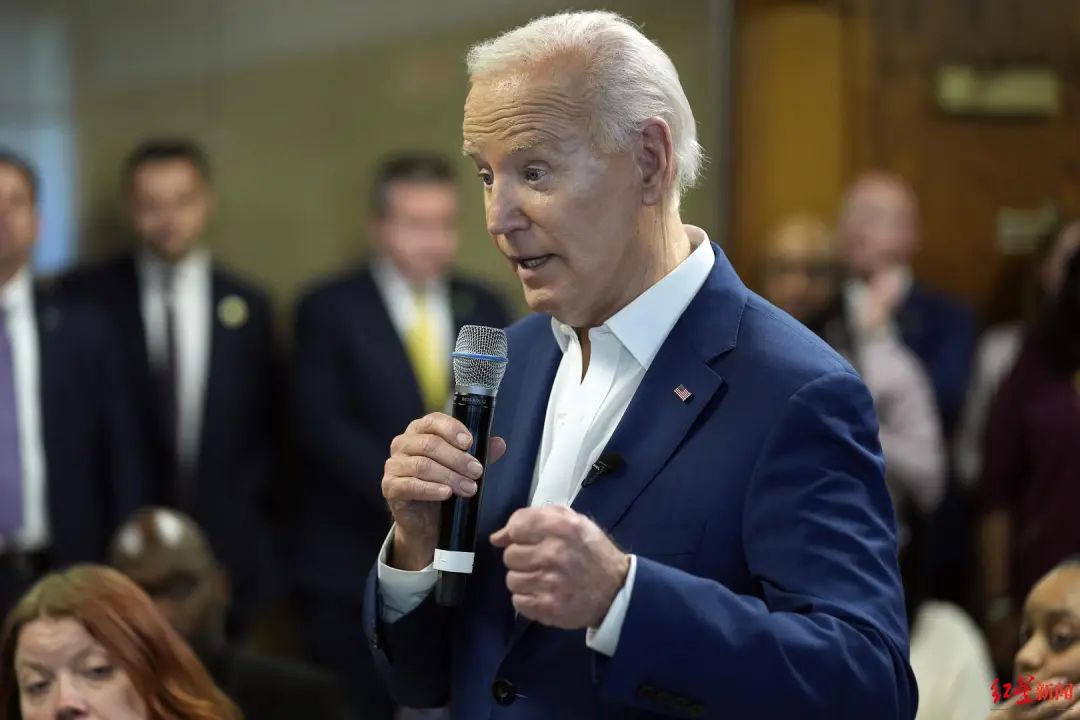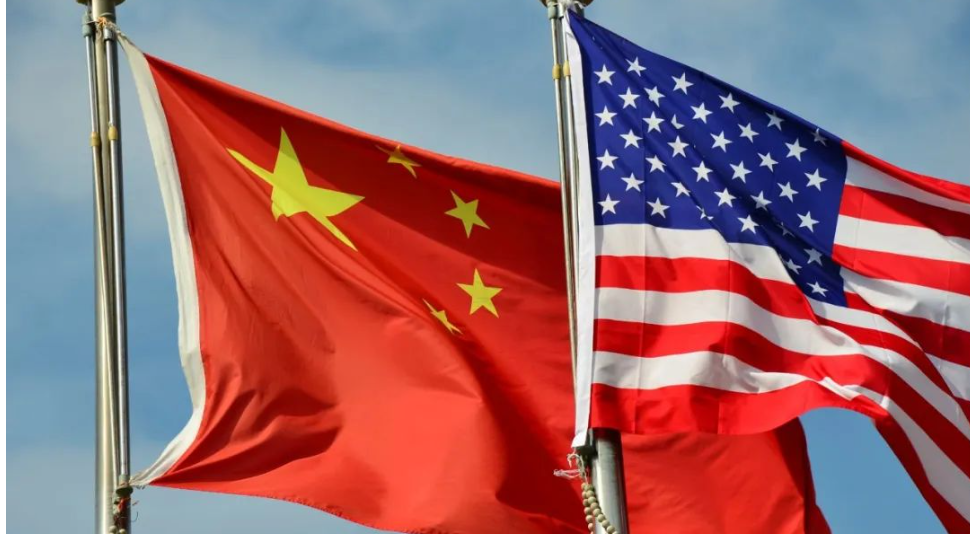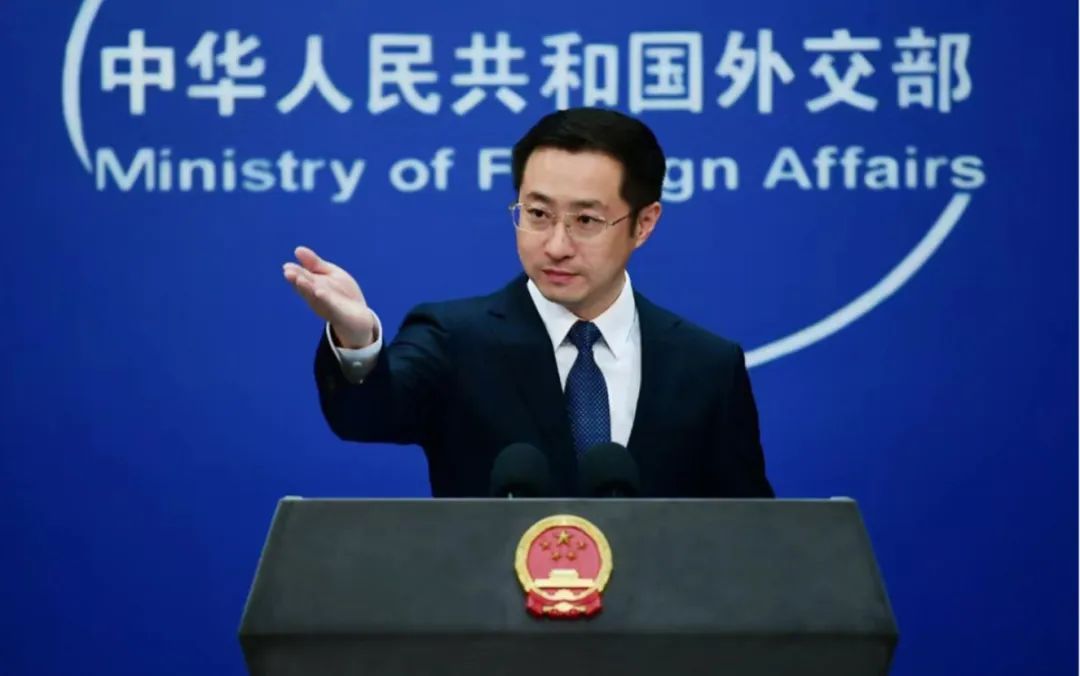Next week at the earliest! Biden: 100% tariffs on China!
On May 10, Bloomberg, the Associated Press and the Wall Street Journal and other U.S. media outlets successively cited sources saying that the Biden administration would announce tariff increases on China as soon as next week, involving electric vehicles, batteries and photovoltaics and other key areas, including tariffs on Chinese electric vehicles that would rise to 100 percent. Reuters then exclusively broke the news that the Biden administration's tariff increases also include medical devices.
The U.S. government is expected to issue the announcement next Tuesday (15th), two of the people familiar with the matter said. In addition to imposing new tariffs on some key industries, the announcement will also largely maintain existing tariffs levied on China. Specific details were not immediately clear, and the White House declined to comment.

The Wall Street Journal and the Associated Press, citing sources, reported that the Biden administration was focusing on industries "in areas of strategic competition and national security."
Under Biden's new plan, tariffs on Chinese electric cars would increase to four times the current tariffs, from 25 percent to 100 percent. This comes after a number of bipartisan members of Congress pressured the White House to ban imports of Chinese electric cars outright.
The people familiar with the matter said that the above series of moves are the result of an assessment review of Trump's tariff policies on China during his administration.
In the name of "national security", Trump has practiced unilateralism and protectionism during his administration, invoking Section 301 (commonly known as Section 301 of the U.S. Trade Act of 1974) to impose tariffs on Chinese imports in 2018 and 2019. tariffs on Chinese imports in 2018 and 2019.

After the current U.S. President Joe Biden took office, despite repeated claims that he was "considering cutting tariffs on China", he has been slow to take substantive action, and still insists on most of the tariffs from the Trump era.
Bloomberg previously mentioned in its report that the Office of the U.S. Trade Representative (USTR) begins evaluating tariffs on China in 2022, but did not mention a specific time to end the evaluation.
The fact is that the United States Government imposed tariffs on China has long been upset with the United States business community. In March last year, the United States International Trade Commission also recognized that, after investigation, found that the Trump administration threatened to "make China pay a price", but for this to pay the price is in fact the United States importers as well as consumers, the United States companies import prices and prices in the United States rose.
That means U.S. companies are bearing almost the entire cost of the U.S. tariff hikes on China, Bloomberg said.
However, with the November U.S. election approaching and China's electric cars, photovoltaic and other products sell well around the world, in order to seize political benefits, the Biden administration began to play the idea of raising tariffs, since the end of last year, it has been moving frequently.

In February, Biden issued a statement announcing that he would take "unprecedented action" to prevent Chinese Internet-connected cars and trucks, including electric vehicles, from entering the U.S. market.
An auto industry official later revealed that the Biden administration was considering raising tariffs on Chinese electric cars, and in April, the Biden administration announced it would triple tariffs on Chinese steel and aluminum. At the same time, U.S. officials continue to speculate on the topic of China's so-called "overcapacity".
In addition, the Mexican government announced on April 22 to steel, aluminum, textiles and other 544 items of goods to impose a temporary import tariff of 5% to 50%. A number of analysts believe that Mexico's move against Chinese goods, is forced to the United States under pressure.
MFA: The U.S. is wrong on top of being wrong!
On May 10, Foreign Ministry spokesman Lin Jian chaired a regular press conference.
A reporter asked that the Biden administration will announce a comprehensive decision on tariffs against China as early as next week, with new tariffs expected to be imposed on key strategic sectors. What is the response of the Ministry of Foreign Affairs to this?
"Please ask the competent authorities for specifics." Lin Jian pointed out that the previous US administration's imposition of 301 tariffs on China had seriously interfered with normal economic and trade exchanges between China and the US, and had already been ruled by the WTO to be in violation of WTO rules. Instead of correcting the wrong approach, the US side continues to politicize economic and trade issues, abusing the so-called 301 tariff review process, and wants to further increase tariffs, which is adding insult to injury.

Lin Jian said we urge the U.S. side to effectively comply with WTO rules and cancel all tariffs imposed on China, not to mention not to increase tariffs. China will take all necessary measures to defend its rights and interests.
The European Union is also making noises that it may want to follow suit and impose punitive tariffs on Chinese electric cars, a move that has sparked a backlash from Germany, one of the EU's major powers. Germany's Federal Minister of Transportation Wissing is adamantly opposed to imposing punitive tariffs on China, and BMW's president has joined the opposition.
German Federal Minister of Transportation Wissing said, "We don't want to block the domestic market, but we want to compete against each other through competition."


